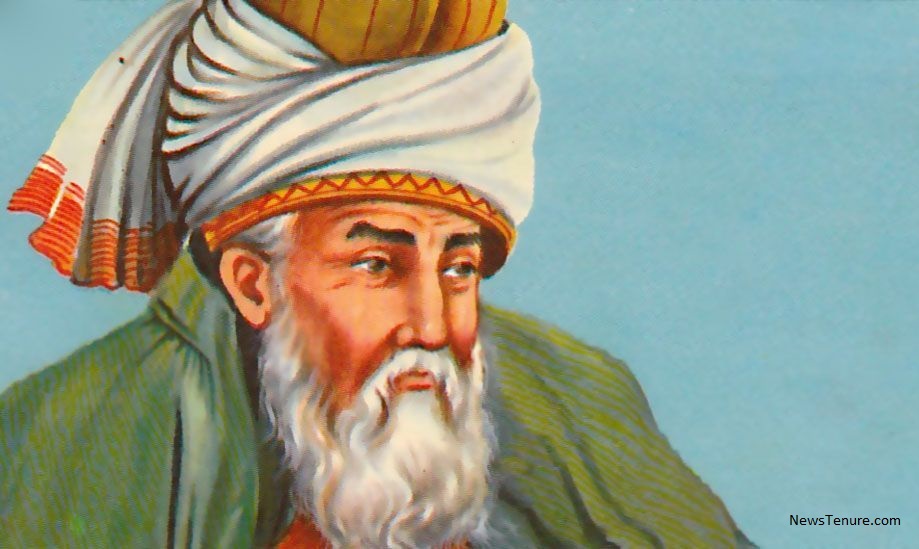Rumi’s, the celebrated 13th-century Persian poet and mystic, offers a simple yet profound understanding of Islam that resonates with people from all walks of life. His teachings emphasize the core principles of love, compassion, and spiritual connection, making Islam accessible and meaningful to every person, regardless of their religious background. Let us explore Rumi’s definition of Islam in simple words that can be understood by anyone.
Islam as Surrender to Love
For Rumi, Islam is not merely a set of rituals or a rigid belief system. Instead, he defines Islam as surrendering oneself to love—love for the Divine and love for all of creation. Islam, according to Rumi, is about embracing love as the guiding principle in our thoughts, actions, and interactions with others.
Embracing Compassion and Kindness
Rumi’s understanding of Islam emphasizes the importance of compassion and kindness towards fellow human beings. He teaches that Islam encourages us to be compassionate and caring, to extend a helping hand to those in need, and to treat all individuals with respect and dignity. According to Rumi, acts of kindness and compassion are essential aspects of practicing Islam.
Seeking Spiritual Connection
Islam, as defined by Rumi, is not limited to external rituals but is a path of inner spiritual connection with the Divine. He encourages individuals to go beyond the surface level of religious practices. Rumi’s delve into the depths of their own hearts, seeking a personal and intimate relationship with God. Rumi teaches that Islam is about nurturing our inner spiritual connection and finding solace and guidance in that relationship.
Embracing Unity and Oneness
Rumi’s understanding of Islam transcends religious boundaries and emphasizes the unity of all humanity. He teaches that Islam is about recognizing the inherent oneness of all beings and embracing a sense of unity and interconnectedness. According to Rumi, Islam invites us to look beyond differences and see the divine presence in every person, fostering a spirit of harmony and unity among people of diverse backgrounds.
Cultivating Inner Transformation
Islam, as understood by Rumi, is a transformative path that calls for inner growth and self-awareness. He emphasizes the importance of self-reflection, self-discipline, and purifying the heart from negative qualities such as greed, envy, and anger. Rumi’s definition of Islam encourages individuals to strive for inner transformation and to embody the qualities of love, compassion, and humility.
Conclusion
Rumi’s simple definition of Islam offers a profound perspective that resonates with people from all walks of life. His teachings emphasize love, compassion, unity, and inner transformation as the core principles of Islam. Rumi’s understanding of Islam invites individuals to cultivate a personal relationship with the Divine. Rumi embrace love and kindness in their interactions with others, and strive for spiritual growth. His definition of Islam is accessible to every person, regardless of their religious background. He serves as a guiding light on the path towards love, compassion, and spiritual fulfillment.




